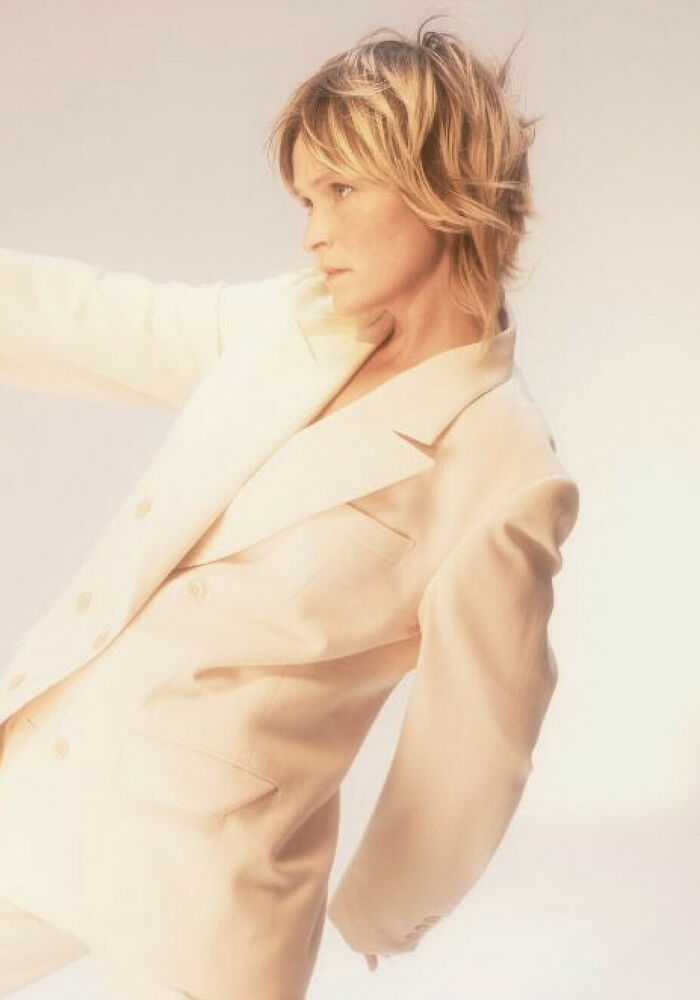Cacti, the upcoming new album from Tor Maries, better known as Billy Nomates, sees the artist bare her soul in a way that might surprise fans of her 2020 self-titled debut. Here, she tells Headliner about embracing her vulnerability, artistic misconceptions, and why she’s always liked the idea of ‘being the wild card option’…
“I’ll catastrophise a cup of coffee,” a warm and unexpectedly open Tor Maries laughs at one point during the course of our conversation. “Anyone who knows me will tell you that I catastrophise everything. There is this misconception that Billy Nomates is this very fierce, powerful thing, and it has that side to it, but I want people to understand that it is only driven by complete vulnerability and fragility.”
To casual fans, or those with only a passing knowledge of Billy Nomates, these words will likely sit at odds with the fearless, at times confrontational persona that Maries has carved with her alter ego over the past three years. The punchy, homemade beats and snarling delivery that largely defined Billy Nomates and 2021 follow-up EP Emergency Telephone were laced with post-punk agitation and a bristling sense of restlessness that was perhaps best exemplified in her minimalist yet mighty live performances. Backed with nought but a backing track as she dances and paces the stage, these very singular shows added further to the DIY aesthetic and general look of an artist possessed of a cast iron, all-conquering confidence.
Of course, for those listening closely, traces of the vulnerability and fragility she speaks of have always been detectable just beneath the surface. And on Cacti, she takes a hammer and chisel to that coarse veneer and allows those qualities to flow forth. Lyrics that may previously have been spat or spoken are given more melodic form, delivered with a freedom that exposes the raw power, beauty and emotion in her voice in ways that weren't quite as obvious last time around. Similarly, the music on Cacti feels less abrasive, less tightly wound, and all the more potent for it. An expanded sonic palette also results in greater dynamics, from the chugging riffs of singles Balance Is Gone and Spite, to the low key melancholy of Saboteur Forcefield and Roundabout Sadness. In essence, it’s a fuller body of work than it’s predecessor. And according to Maries, a more truthful one.
“For me there are different elements to it [Cacti], and I haven’t really spoken about relationships or certain feelings and emotions,” she explains. “I tried to tap into a more vulnerable side. I feel very vulnerable after the past few years, and artistically I never wanted to shy away from that. It was important for me to start being a bit more honest about that. And hopefully I’ve done that, not just with the lyrics, but sonically as well. I wanted to bring in softer sounds. I read a lot about the first album and that post punk tag that follows it around, and it’s not a dirty word, but I don’t feel like it’s ever really suited me. I hope this album will shift people’s thinking a bit. It’s not a bad thing, but I don’t think it’s ever properly represented me. I always knew that, but you have to show it.”



